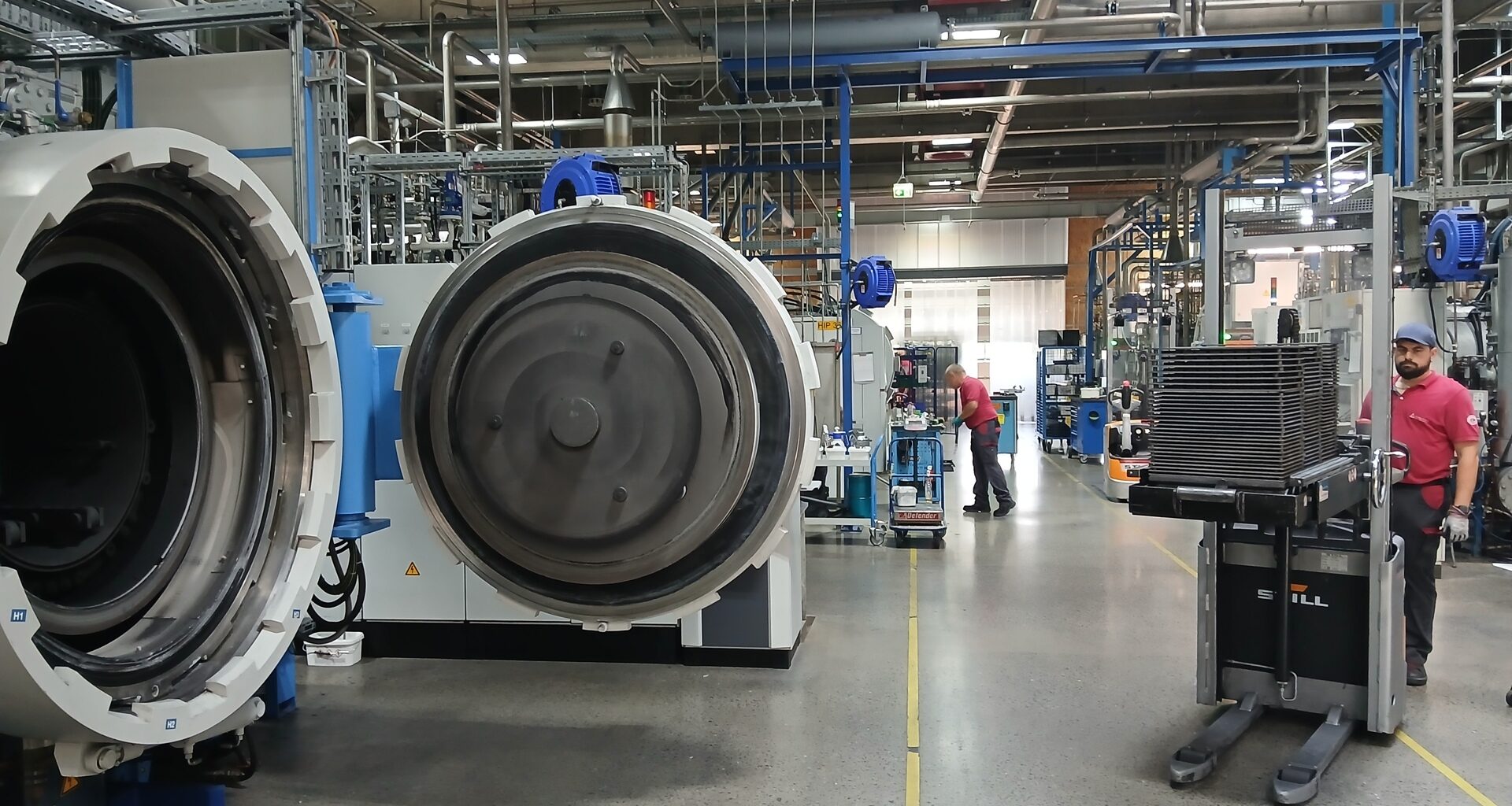With its new research chair focused on hard metals recycling, Uni.lu seeks to combine academic innovation with industrial expertise to address both environmental and strategic challenges.
The University of Luxembourg is creating a new professorship dedicated to advanced construction materials recycling, combining academic research with industrial applications.
The “Chair for Hard and Advanced Construction Materials” will be housed within the university’s Faculty of Natural Science, Technology, and Medicine (FSTM).
The initiative is being developed in partnership with Ceratizit, a Mamer-based hard metals specialist with over a century of industry experience. The collaboration aims to enhance Luxembourg’s position as an industrial centre while supporting sustainable material innovation.
With approximately 32,000 workers in Luxembourg’s manufacturing sector, the programme seeks to address key industry needs. The initial research team will comprise two PhD candidates and two post-doctoral researchers, with plans for future growth.
Marie-Hélène Jobin, Uni.lu’s Vice-Rector for Cooperation, expressed confidence in attracting strong candidates, citing the university’s competitive programmes and research reputation. The university’s partnerships and academic offerings make Luxembourg an attractive destination for students, Jobin noted, emphasising the institution’s standing among the world’s leading research universities.
Ceratizit concentrates on tungsten carbide and cobalt – materials critical for mechanical engineering, manufacturing tools, and everyday products like ballpoint pen tips and synthetic diamonds. A key objective of the new professorship is improving hard metals recycling, as many of these materials currently face single-use disposal.
Professor Ralph Useldinger, the chair’s newly appointed head, emphasised the geopolitical urgency of recycling, noting that China dominates the tungsten carbide supply chain – providing two-thirds of global resources and 80% of market volume. Recycling is not just ecological, he argues, it is a strategic imperative to reduce dependency on volatile supply chains.
The initiative aligns with broader NATO-driven investments in defence capabilities. Frank Thomé, a Ceratizit management member, confirmed the company’s readiness to pivot toward defence applications if regulatory conditions permit.
“While we haven’t produced defence components in Luxembourg to date, we could easily do so,” Thomé stated, citing potential applications in weapon systems. He emphasised that legal adjustments would be necessary to facilitate this shift.
Full report by RTL Télé (in Luxembourgish and French)
